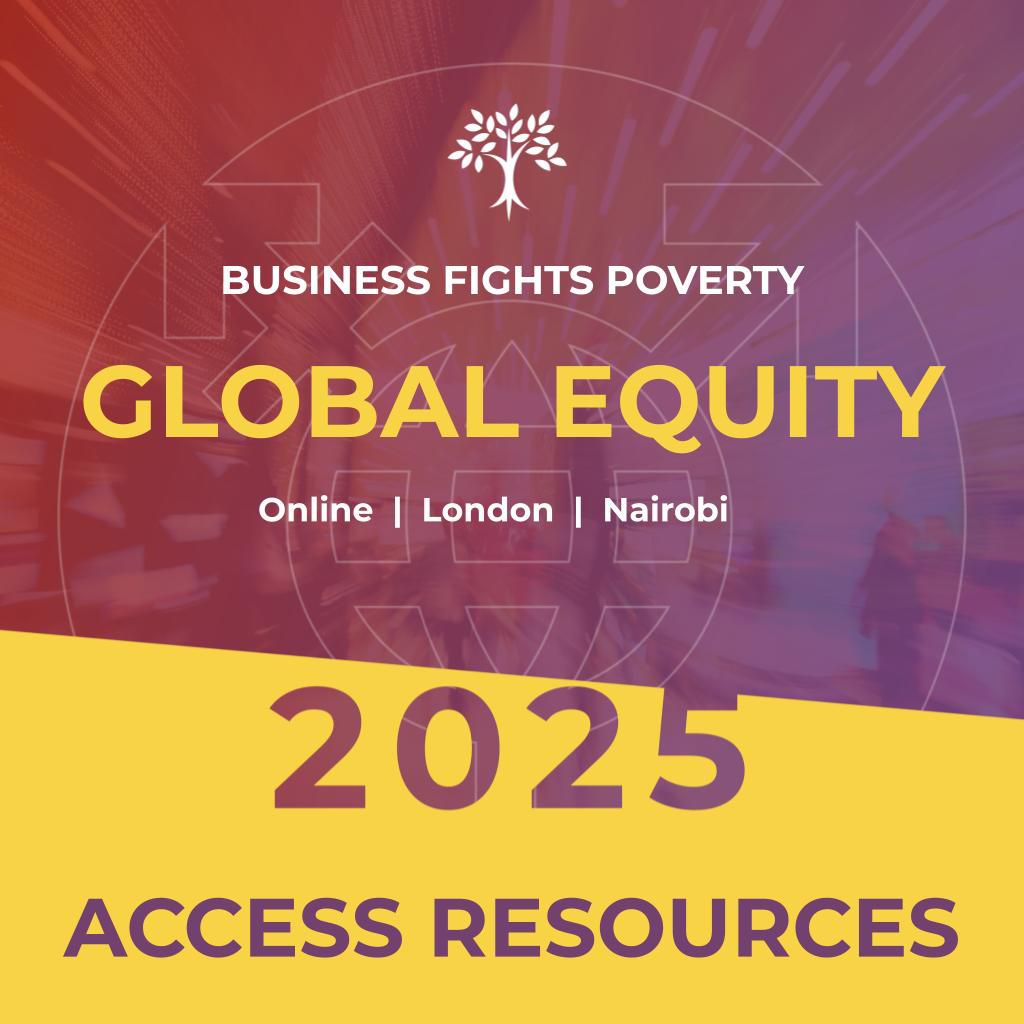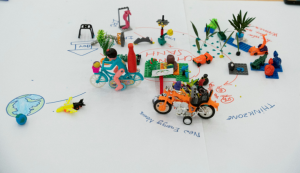Women entrepreneurs are battling multiple challenges
As economic, political, social and humanitarian crises continue to rock the world many women entrepreneurs in low and middle income countries are left grappling with the devastating impacts. Existing gender inequalities were intensified and further entrenched in societies as a knock-on effect of COVID-19 and the cost of living crisis. This caused women’s unpaid care workload to increase and contributed to stereotypes that limit their business opportunities and access to finance.
Of the 700 women entrepreneurs who participated in our 2022 audit, 78.4% said COVID-19 has negatively impacted their businesses. While only one in ten (10.3%) had received any government support.
For 89% of respondents, the cost-of-living crisis and inflation caused further harm. One woman entrepreneur from Nigeria said: “It’s so hard to keep afloat since the inflation keeps eating into everything.”
Access to finance is still a huge issue. Nearly half (44.3%) of respondents felt that they did not have equal access to formal investment opportunities. Because WEs face discrimination and barriers in accessing finance they are much less able to mitigate the impacts of these macroeconomic challenges.
Another woman entrepreneur from Indonesia said: “Improving financial support to women entrepreneurs may significantly reduce poverty post-COVID, where many male workers/professionals as the women’s spouses lost their jobs.”

With the right tools and support, women entrepreneurs can succeed in the face of challenges. When Van Pham’s family was faced with economic hardship, she decided to start a business to earn an income for her household. She never expected how quickly her company would take off or that it would grow into the massive success it is today. Her company, Emmay, based in Vietnam, not only supports her family, but it also creates jobs in her community and brings healthy, plant-based, Vietnamese products to international markets.
Van used HerVenture, the Cherie Blair Foundation for Women’s mobile learning app, to boost her business skills and confidence. The App is available in Vietnam thanks to our partnership with Qualcomm Wireless Reach. HerVenture meant Van was able to set up a new digital marketing and sales department, grow her brand and revenue, and support not just herself but many others around her. Her success story is a good example of the ripple effect of impact women entrepreneurs create when they are enabled to thrive with gender-sensitive tools specifically designed for this purpose. The private sector investment is well placed to invest in gendered tools and services that reduce barriers for women entrepreneurs. As well as examine it’s own bias in procurement that may exclude women owned enterprises.

Credit: Arete Stories
We can’t leave women entrepreneurs behind
It’s clear that the past few years have presented many setbacks for women’s economic equality, which is currently forecasted to take over 150 years to achieve. We can’t afford to leave women entrepreneurs behind. In doing so, we leave future generations behind as well.
Indeed, we just launched a bold new strategy that will see us work even more closely with the private sector to deliver skills, training and mentoring that will support women entrepreneurs to succeed. With the ambitious goal of reaching more than one million women entrepreneurs by 2030, partnerships and collaboration will be absolutely crucial.
The private sector holds the keys to the solution
Despite all the challenges, what our new report also makes crystal clear is that women entrepreneurs remain optimistic and determined to succeed. The private sector can play a key role in supporting them to do so.
Businesses across the world must work in partnership with organisations providing skills training and support to women entrepreneurs – like the Cherie Blair Foundation for Women – and enhance this work through the provision of access to finance opportunities, safe routes into supply chains and other relevant opportunities.
Thanks to corporate support, we are able to provide training to women entrepreneurs in several countries on accessing finance – but we need banks and the private sector to do their bit too and actually see women as not just viable but good investment opportunities
There has never been a more important time to invest in women entrepreneurs. Urgent action must be taken to support them or we risk a rolling-back further on women’s economic justice, and an enormous missed opportunity for the global economy. Together we can revolutionise business opportunities for women and close the gender gap in entrepreneurship.
DOWNLOAD THE RESEARCH REPORT: Resilience and Determination in the Face of Global Challenges










